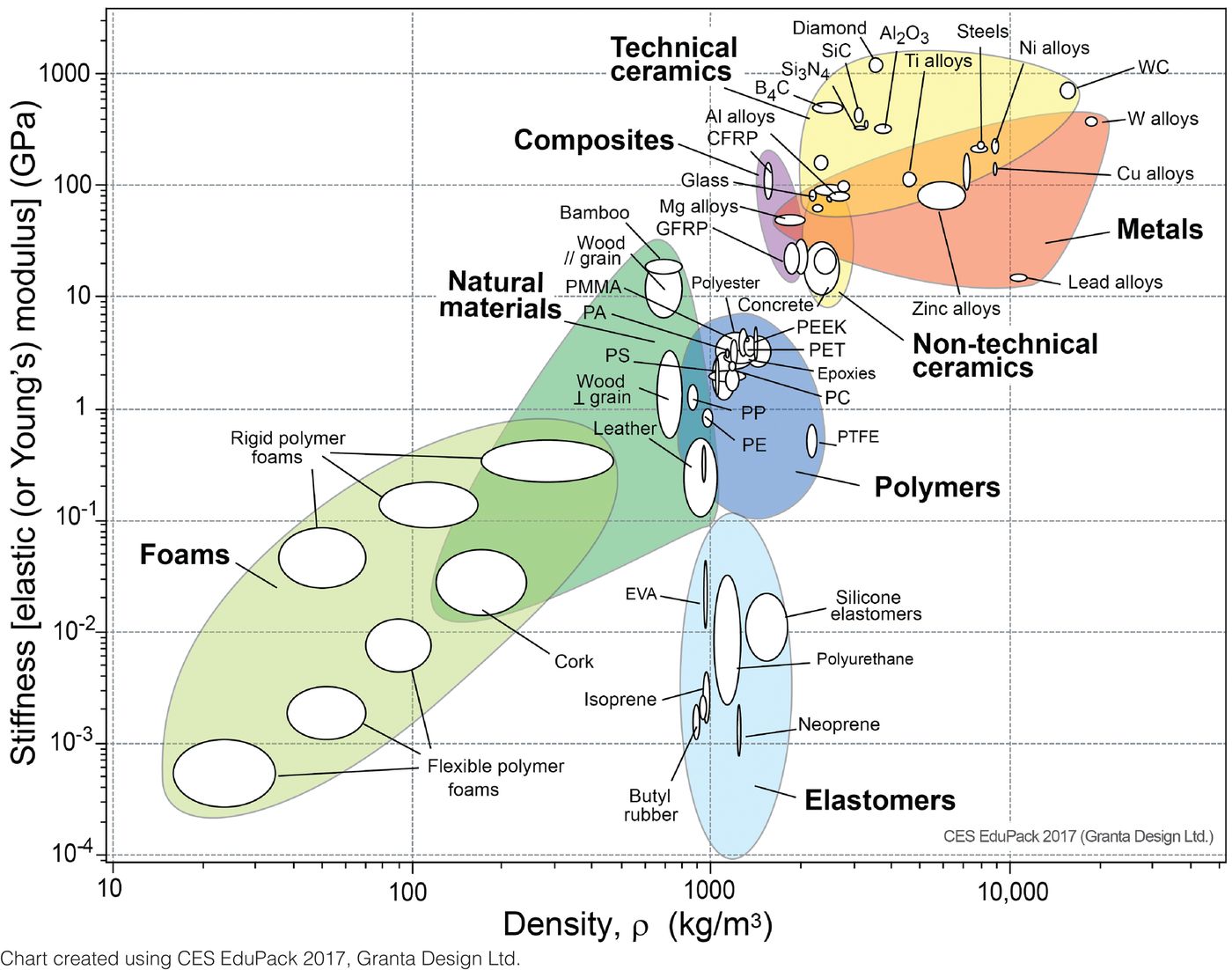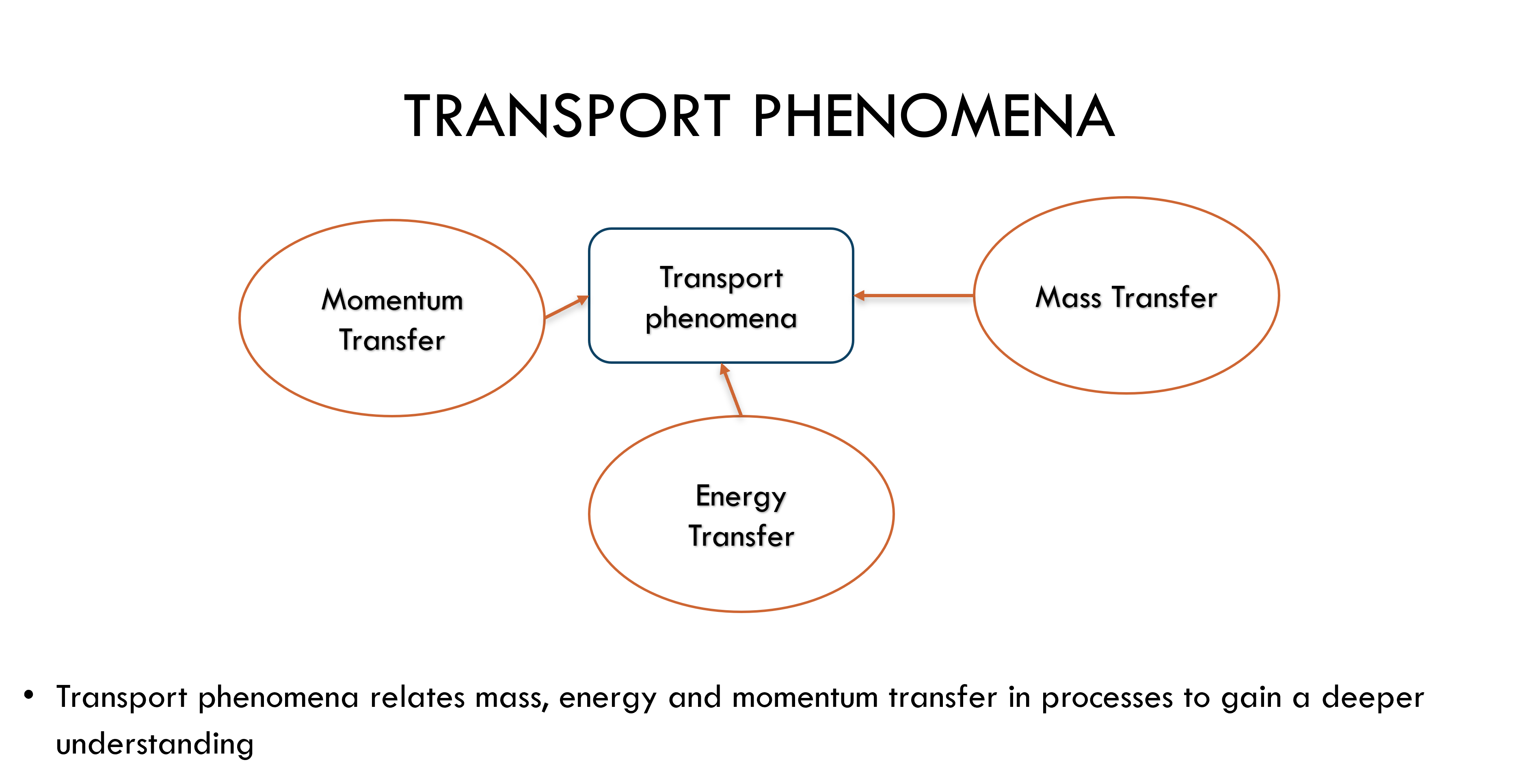teaching
I have been teaching the follwing courses at UCF-

EGN 3365, Structure and Properties of Materials [Website] [Fall 2024, Fall 2025]
This course provides an introduction to the fundamental principles that link the structure of materials to their properties and performance. Students explore atomic structure and bonding, crystal structures and imperfections, solidification, phase transformations, phase diagrams, and heat treatment. The course also covers mechanical, electrical, thermal, and optical properties of materials, along with modern characterization techniques. By drawing on concepts from chemistry, physics, and mathematics, students gain a strong foundation in materials science that is broadly applicable to fields such as mechanical engineering, manufacturing, product design, and materials chemistry.
Upon successful completion of the course, students will be able to recognize and compare major classes of materials—including metals, ceramics, polymers, composites, and semiconductors—while understanding how their structures determine properties. They will apply fundamental scientific principles to explain materials behavior, communicate effectively using modern technical terminology, and appreciate the critical relationships between structure, processing, and performance.

EMA4115, Transport Phenomena in Materials [Website][Spring 2024, Spring 2025]
This course introduces the principles of momentum, energy, and mass transport as they apply to materials and engineering systems. Students explore key topics such as laminar and turbulent flow, mechanisms of conduction, convection, and radiation, as well as mass transport in solids and fluids. Emphasis is placed on developing mathematical frameworks to describe these processes and applying them to analyze complex physical systems.
By the end of the course, students will be able to recognize the transport processes governing a system, understand the mechanisms of viscous flow and convection, and apply dimensionless parameters such as the Reynolds number to characterize transport behavior. They will gain experience in setting up mathematical models of fluid and transport processes, and in solving problems in both two and three dimensions. These skills provide a strong foundation for advanced studies in materials science and prepare students to tackle engineering challenges where transport phenomena play a central role.